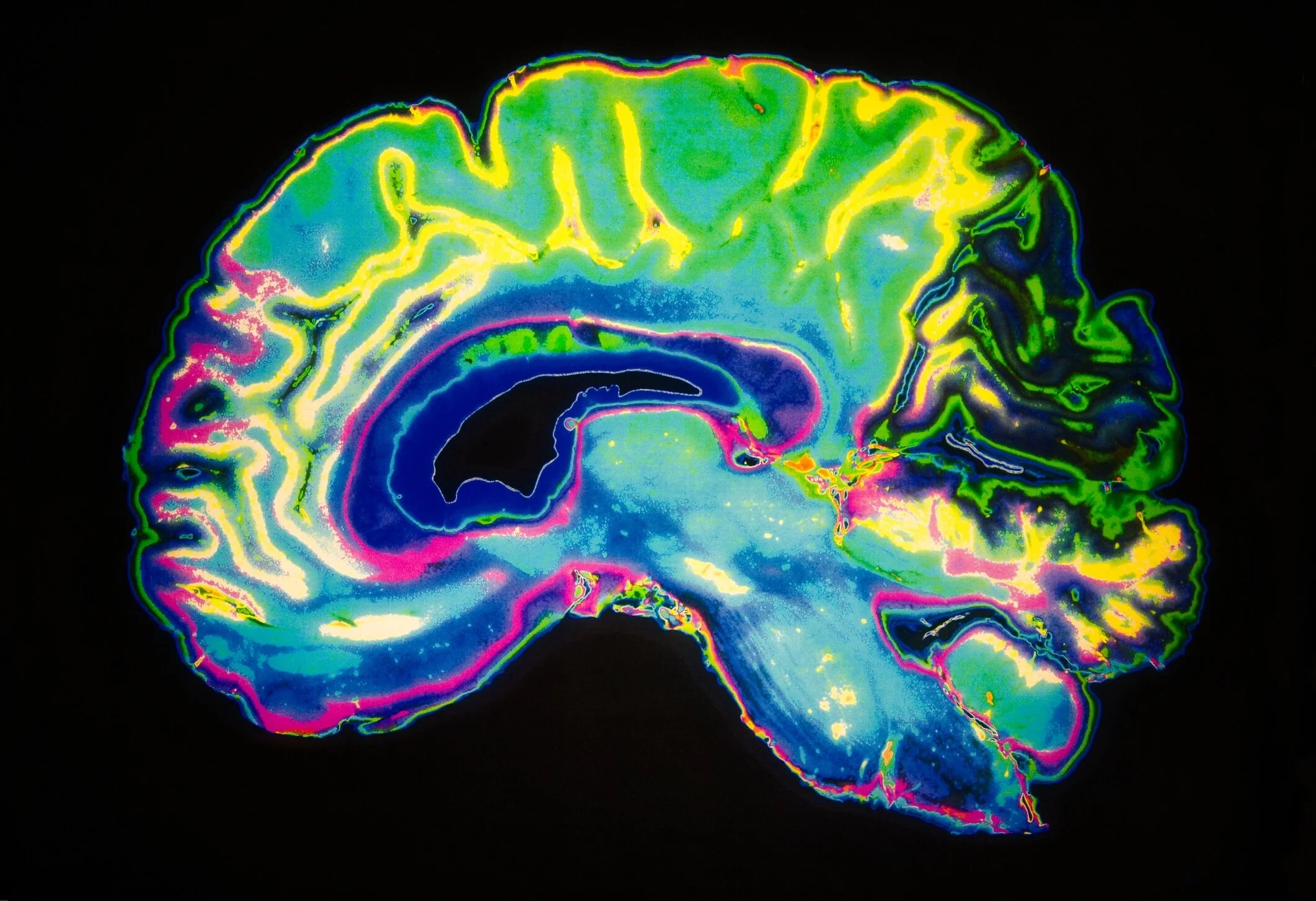By Craig Gunn & Sally Adams - University of Bath
If you drink alcohol, it’s likely you’re familiar with some of the effects of a hangover. Headaches, nausea and fatigue are just some of the unpleasant but common experiences of the morning after the night before. But have you ever wondered how a hangover may influence your thoughts and behaviour?
Our research shows that hangovers may influence essential cognitive processes which are important for everyday living. We found evidence of impairments in memory (short and long term), the ability to sustain attention, and psychomotor skills. But performance in some kinds of thought processes – such as the ability to divide attention between tasks – did not show an overall decline following a night of heavy alcohol consumption.
Image Credit: fizkes via shutterstock - HDR tune by Universal-Sci
The impairments caused by hangovers have implications for lots of us – from parents to health care professionals, teachers to business owners. When referring to memory, students are a good example of a group who need to retain information. With poorer memory during a hangover, you might think it wise for students to stay in the night before an exam. But we found that evidence comparing performance on a multiple choice test showed no difference between the scores of those who were hungover and those who weren’t. Having said that, the learning of this material was done while participants were sober, suggesting that retrieval of information is relatively unaffected.
By comparison, our review found that it could be the learning aspect of memory, rather than recall, that is impaired during a hangover. When studies asked participants to both learn and recall information while hungover, their memory was poorer. This could explain why exam performance is relatively unaffected – as the information was already learned. It also suggests it might be a good idea not to go out drinking the night before an important lecture, where material for the exam is learned.
Being able to concentrate on one task, or sustain attention, is vital in many circumstances. Anyone who needs to keep their wits about them and pay attention to a task may find this difficult while experiencing a hangover. Impairment of sustained attention following alcohol consumption may be due to fatigue – a major and common symptom of being hungover. Fatigue can influence our ability to maintain focus and lower our “mental resource”, making engaging in tasks more difficult.
Maintaining attention is an important aspect of driving. Of the 19 studies we reviewed, only three assessed driving ability. One looked at the speed at which people drove during a hangover and found no effect. But two studies found impairments in an individual’s ability to handle a vehicle during a hangover – and one of the studies compared the level of impairment when people are hungover to when people are under the influence of alcohol. They reported that hangover-related driving impairments are the equivalent of having a 0.05 – 0.08% blood alcohol concentration (BAC).
Drink driving limits for most European countries are 0.05% BAC and in the UK it is 0.08%. This means that hangover-related impairments in driving may be at the sort of level that is currently unacceptable by law during alcohol intoxication. Our finding of reduced psychomotor skills during hangover may also contribute to driving impairments experienced following an evening of heavy alcohol consumption.
Delayed reactions
Psychomotor skills involve the informational process related to movement, such as hand-eye co-ordination. When we combined all studies in our review that had investigated psychomotor skills we found that reaction times were reduced during a hangover. This could contribute to a delay in correcting the swerve of a vehicle, or reacting to other drivers.
Our review has highlighted brain activity fundamental to processing information are impaired in hangover. But what about “higher” thought processes such as decision making, inhibition, or being able to manage our moods?
Here’s where there is a serious gap in the scientific literature. Despite calls for more research to examine a hangover’s impairment of higher thought processes involved in completing goals (“executive functions”) ten years ago, few studies have explored this area.
Understanding these processes could provide insight into why some people decide not to turn up to work with a hangover, or why being hungover is associated with increased conflict with supervisors and colleagues and poorer performance.
Hangovers are estimated to cost the UK economy almost £2 billion a year in absenteeism and lost productivity – so this is definitely something worth knowing.
Source: The Conversation
If you enjoy our selection of content please consider following Universal-Sci on social media:


















